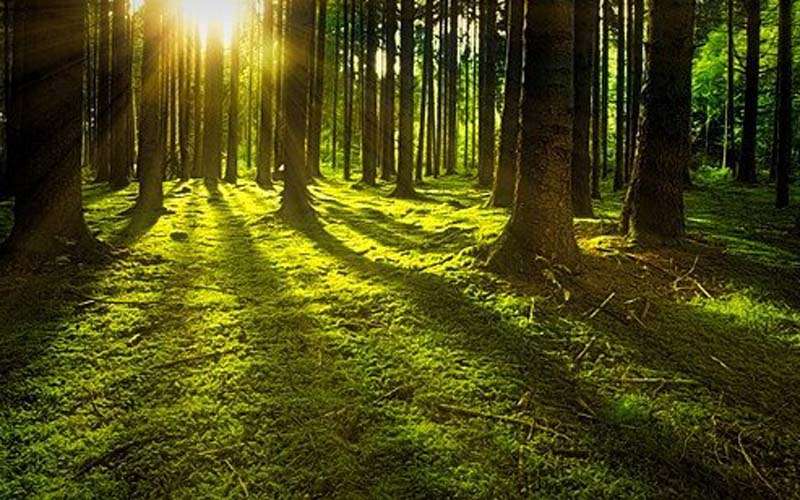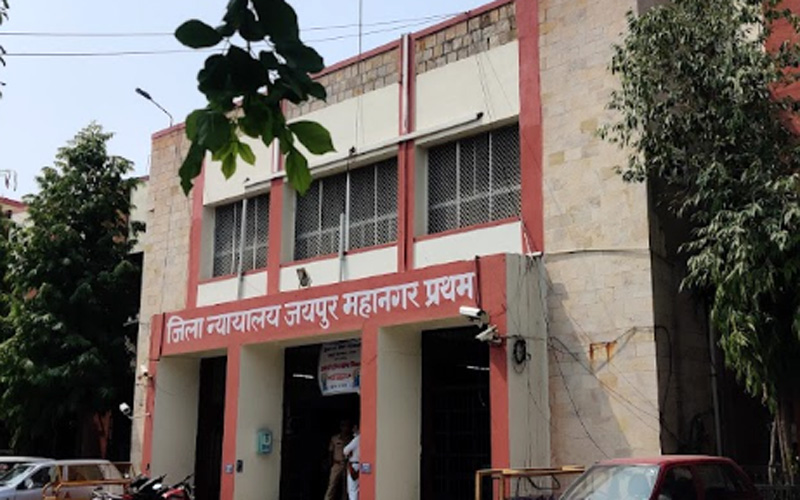Understanding Natural Vegetation And Classification of Soil In India
We will be touching on various aspects related to both the natural vegetation and the classification of soil.
Last Updated:

Representative image.
Time to spade up the soil. By that we mean that let’s discuss India’s Natural Vegetation. Besides that, let’s also address the classification of soil in India. We will be touching on various aspects related to both the natural vegetation and the classification of soil. Therefore, get ready to dirty your hands by reading about vegetation and types of soil.
Make sure you stay with us till the end as we fill you up with interesting facts that will not just keep you up to date but also help you tackle questions related to them if you are appearing for any competitive exam. As such questions are very popular in competitive exams. Now without any further ado, let’s get reading.
What Is Natural Vegetation Of India?
Let’s find out about the natural vegetation of India through the points mentioned below. Each point will unravel something new. Therefore, make sure to read each point carefully.
- Natural vegetation is the endowments of nature. They develop naturally by following the climatic variables.
- The types of natural vegetation differ according to precipitation, soil, climate, and topography.
- The cultivated crops and fruits, and orchards form part of vegetation, but not natural vegetation.
- The natural vegetation of India is an example of how rich our natural resources can be to the entire world.
- India is awarded a wide range of flora and fauna. Due to various geographical and climatic situations, an extensive range of natural vegetation grows in India.
What Are The Types Of Natural Vegetation Found In India?
India is a country with varied vegetation. Due to its entire diversity in topography, the existential distinctions in the flora are seen. Let’s know what they are.
- Montane forests
- Mangrove Forests
- Tropical Rainforest
- Tropical Deciduous Forest
- Scrubs & Thorny Vegetations
What Are The Classification Of Soil In India?
Read about the soil in India and also know about the classification of soil in India. Find out about all the eight types and the places they are found. Make sure to read each point.
- Soil can be understood as the loose material or the upper layer of the mantle rock (regolith – a layer of loose, heterogeneous material covering rock) consisting mainly of very small particles and humus that can support the growth of plants.
- Soil mainly consists of mineral/rock particles, portions of decayed organic matter, soil water, soil air, and living organisms.
- The major factors that influence the formation of soil are parent material, relief, climate, vegetation, life forms, and time.
- In the ancient period, soils were mainly classified into two – Urvara (fertile) and Usara (sterile).
- The first scientific classification of soil was done by Vasily Dokuchaev.
- In India, the Indian Council of Agricultural Research (ICAR) has categorized soils into 8 categories.
- Alluvial Soil – Mostly available in India about 43%. It surrounds an area of 143 sq. km.
- Laterite Soil – Named after the Latin word ‘Later’ which means brick. Found in areas of high temperature and high rainfall.
- Black Cotton Soil – Best soil for cotton cultivation. Most of the Deccan is occupied by Black soil.
- Red & Yellow Soil – Seen mainly in low rainfall areas and also known as the Omnibus group.
- Arid or Desert Soil – Seen under arid and semi-arid conditions. Deposited mainly by wind activities.
- Peaty and Marshy Soil – Areas of heavy rainfall and high humidity. The growth of vegetation is very negligible.
- Saline and Alkaline Soil – Found in arid and semi-arid areas, and waterlogged and swampy regions.
- Mountainous or Forest Soil – Regions of high rainfall. The humus content is less and thus the soil is acidic.
Disclaimer: This article was contributed by TestBook.com




